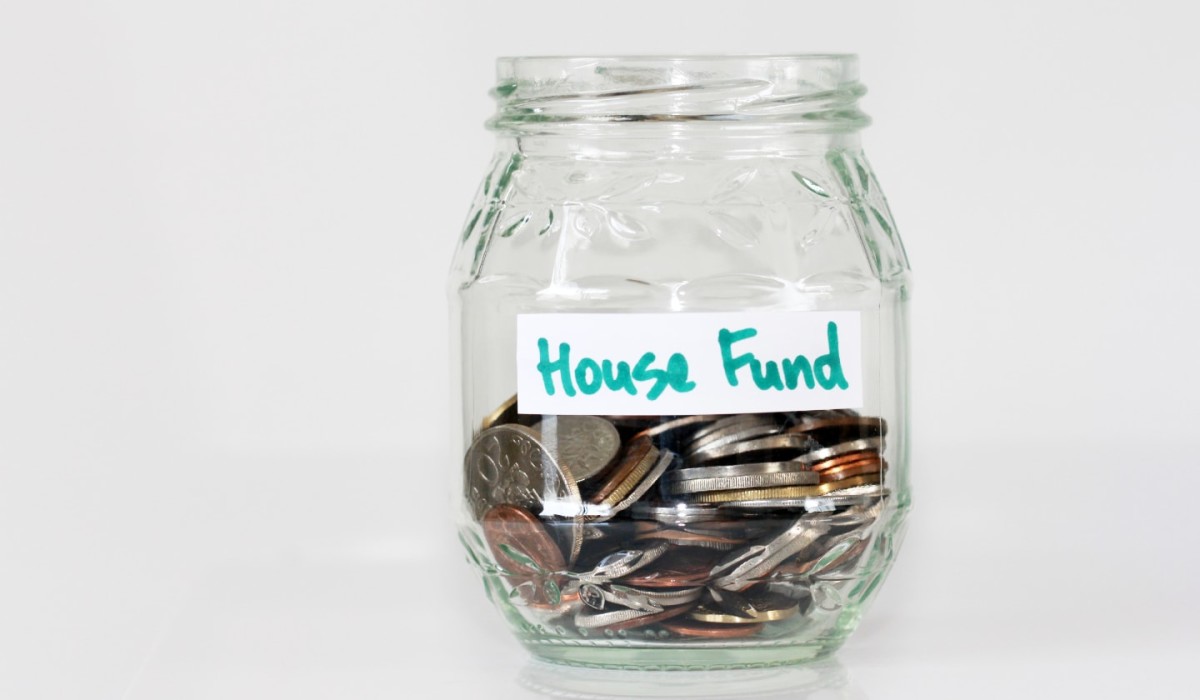6 Ways Closing Costs Can Be Lowered
WHAT YOU'LL LEARN
Compare loan estimates for best deals.
Negotiate fees and leverage seller incentives.
Maximize savings, even with a military status.
WHAT YOU'LL LEARN
Compare loan estimates for best deals.
Negotiate fees and leverage seller incentives.
Maximize savings, even with a military status.

Being a savvy homebuyer doesn’t end after you’ve negotiated and settled on the home’s price – there’s also the opportunity to reduce the amount of cash you pay out of pocket. One of the ways you can save when buying a home is by lowering your closing costs, and depending on your loan program, that can typically come in between 2% and 6% of the home’s purchase price.
Closing costs are made up of specific fees and services that are required to close on your home. Below, we’ll highlight a number of strategies you can use to save big on closing costs and (hopefully) avoid draining your bank account.
1. Compare Loan Estimate Forms
Before settling on a lender, it’s a good idea to request loan estimatesThe three-page form that outlines all the details of your prospective loan.loan estimatesThe three-page form that outlines all the details of your prospective loan. from several different lending institutions to find your best option. Your decision should be based on character and trust, but keep in mind loan terms will vary between lenders, so you may find one that offers a clear advantage.
Expert Tip
Lenders may also have some unique fees tacked on to the loan estimate, so review each line carefully and ask questions if you’re unsure what the charge is meant for.
2. Always Shop Around
If you haven’t completed the homebuying process before, you may not realize that many of the rates and fees associated with mortgages are negotiable. Often, your lender or real estate agent will recommend a title company or home inspector they’re familiar with for you to use.
While you may go with their recommendation, it can’t hurt to do a little shopping around of your own to compare prices for these services to ensure you’re getting the best deal possible.
3. Ask the Seller To Sweeten the Deal
Receiving closing cost assistance from the seller will depend largely on the real estate market – and on how eager the owner is to sell. Many loan types allow sellers to contribute a percentage of the sales price to buyers as a closing cost credit but be sure to discuss your options with a lender before negotiating with a seller. The amount a seller can contribute depends on the loan program. If a cash contribution isn’t in the cards, you can also ask a seller to simply lower the home price to help offset the closing costs you’ll pay – hey, it’s worth a shot.
Like closing cost assistance, down payment assistance is a special financing program that helps make homeownership a reality for homebuyers who otherwise may not have the funds.
Stick around the Knowledge Center to learn more about down payment assistance.
4. Think Before Buying Points
Depending on your lender and loan program, you may have the option to "buy down your rate." A common way discount pointsFees paid directly to the lender for processing your loan or reducing your interest rate.discount pointsFees paid directly to the lender for processing your loan or reducing your interest rate. work is the cost of one point is equal to 1% of the loan amount.
One point typically reduces your interest rate by 25 basis points or 0.25%. However, if you’re buying a house when interest rates are low, you might want to skip this step, as each point will cost you 1% of the loan’s value.
With that said, if you plan to stay in the home long-term, paying points in exchange for a lower interest rate may be worth it. This is something you’ll want to carefully calculate before making your decision.
5. Research Homeowners Insurance Options
You’ll pay a homeowners insuranceCoverage to repair a home or replace personal belongings if they’re damaged or destroyed by a disaster.homeowners insuranceCoverage to repair a home or replace personal belongings if they’re damaged or destroyed by a disaster. premium monthly as a part of your mortgage payment (which goes into an escrow accountA separate account your lender sets up to ensure payment of certain expenses like taxes and homeowners insurance.escrow accountA separate account your lender sets up to ensure payment of certain expenses like taxes and homeowners insurance.). but some insurance options may require a portion of the premium to be paid at closing. You should also be prepared to prepay a portion of the premium at closing. Choosing an insurance policy that is less expensive can help you save on closing costs – but keep in mind, it’s probably not the best idea to sacrifice good coverage for a few extra dollars.
6. Take Advantage of Your Military Status
As you may know, active-duty military, veterans, and their family members are eligible for the VA loan, which is a mortgage program that offers a zero percent minimum down payment requirement to borrowers who qualify. That alone is a huge savings! However, there are also ways to minimize the closing costs associated with this type of mortgage, so it’s worth consideration if you (or your spouse) qualify.
Atlantic Bay Is On Your Side
Buying a home isn’t exactly inexpensive, but it’s one of the best investments you can make in your lifetime. Finding creative ways to decrease your closing costs can leave more money in your pocket after you become a homeowner, which you can use to reinvest in your home. Just be sure you don’t sacrifice quality when it comes time to choose the professionals to work with when buying your new home.